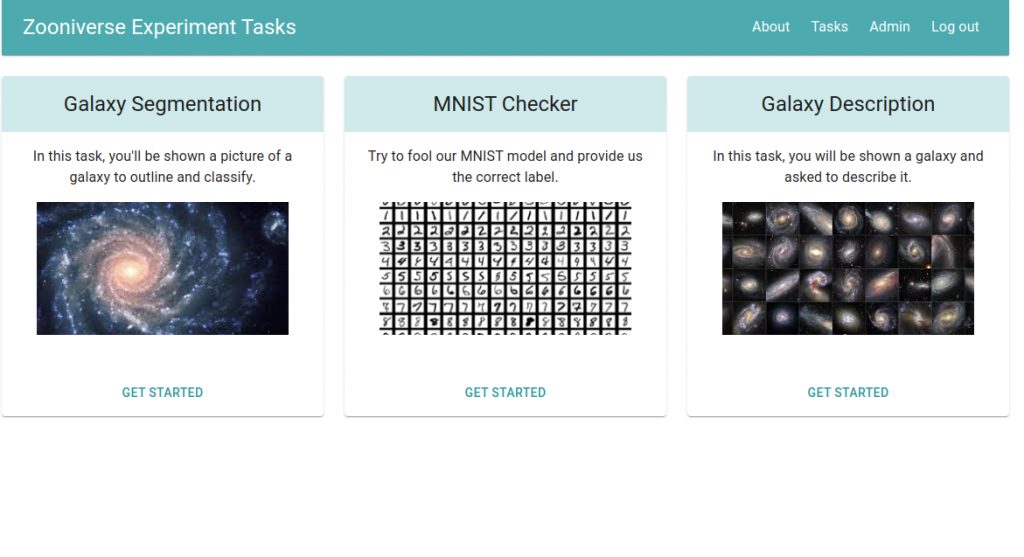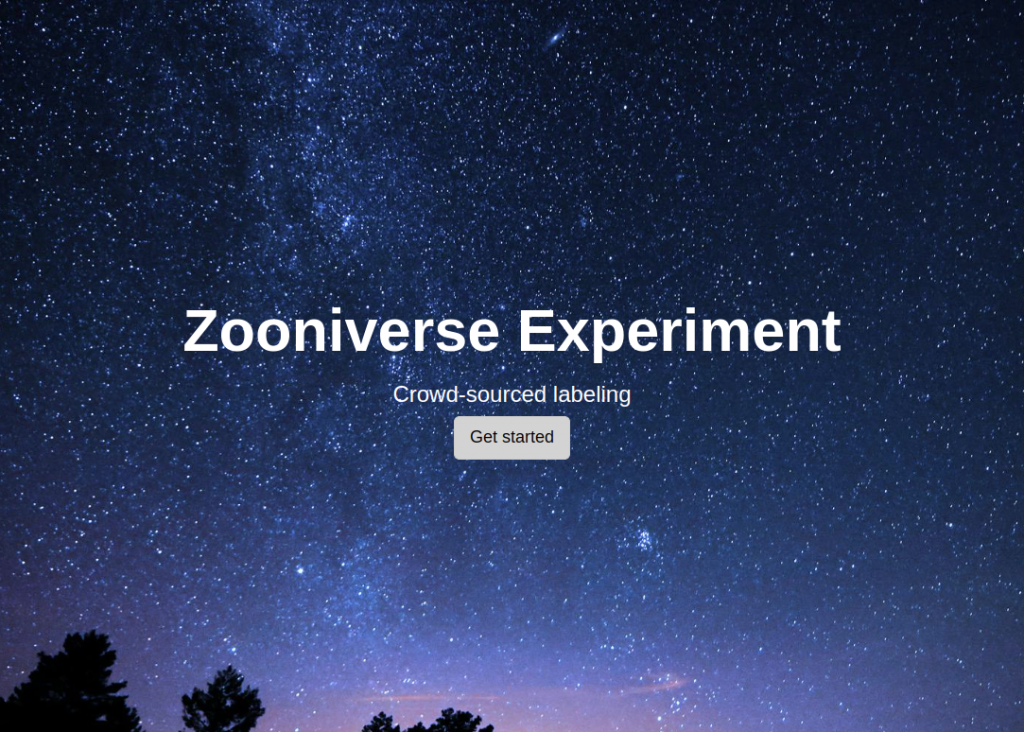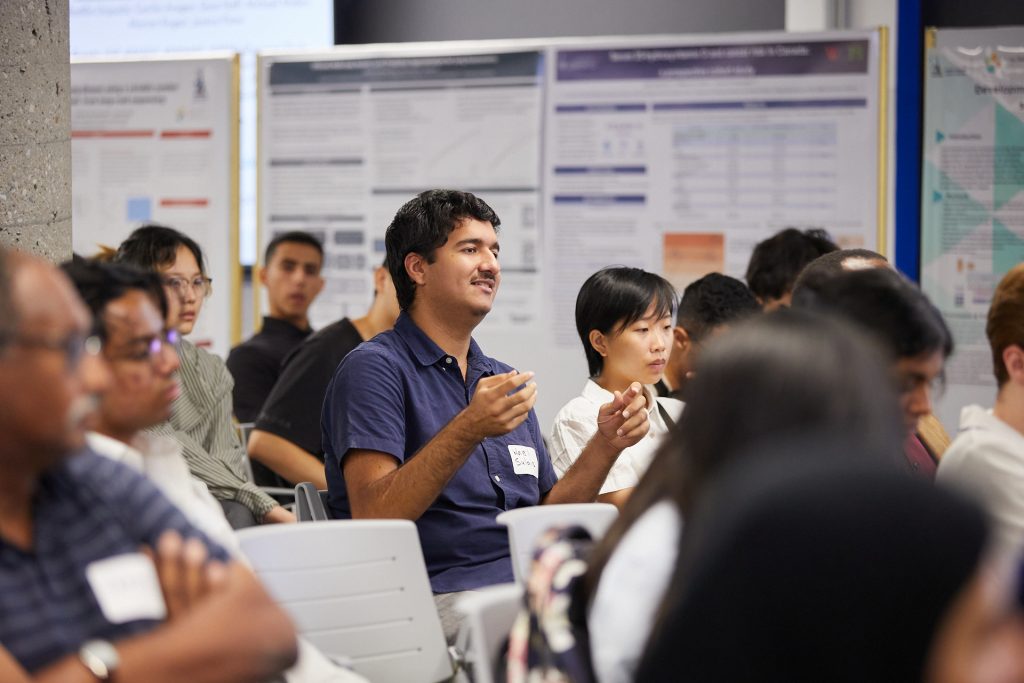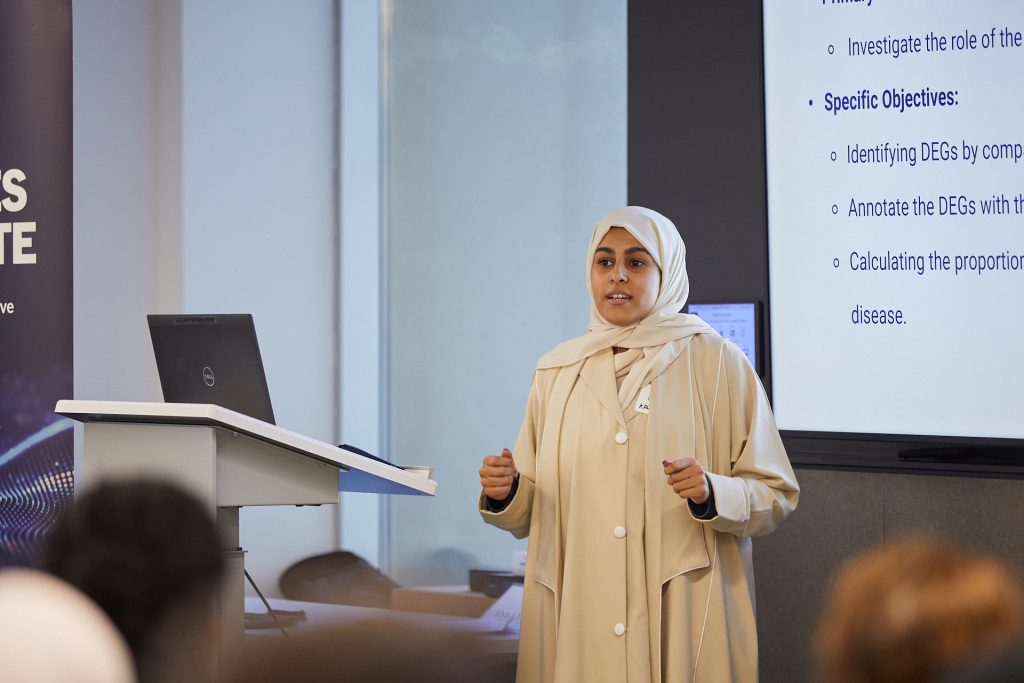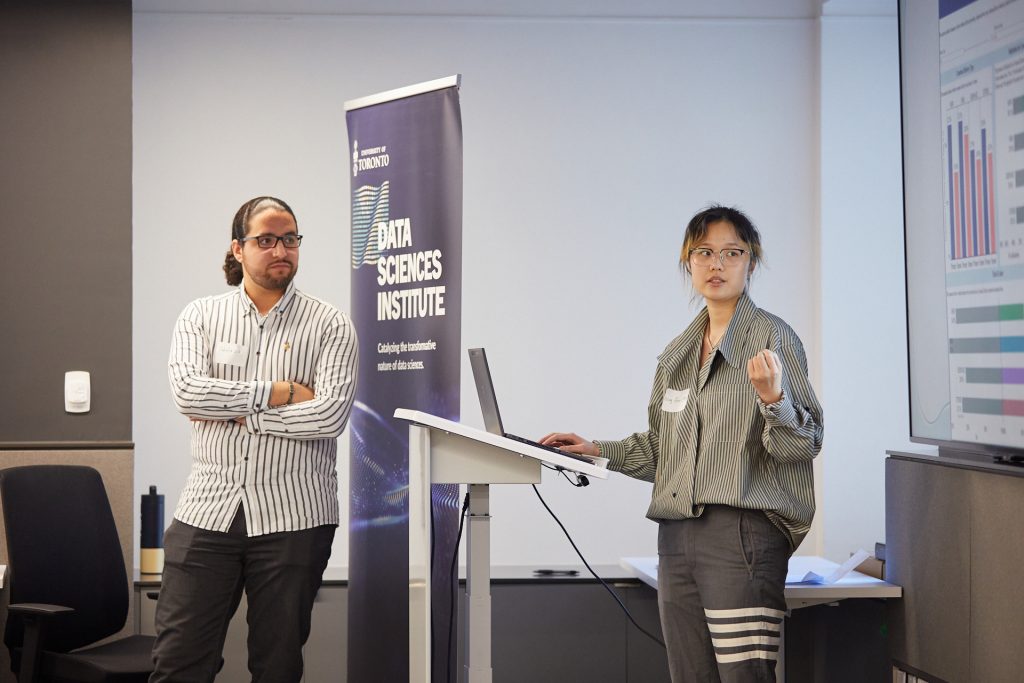By: Cormac Rea
The Data Sciences Institute (DSI) continues to strengthen its position as a hub for data science training and employment, as professionals from its Data Science and Machine Learning Software Foundations certificates continue to secure jobs and promotions.
At a recent Talent Blitz event, DSI Certificate participants connected with industry representatives seeking candidates who have completed the certificates. Companies that have already hired from prior cohorts were enthusiastic about the skills taught through the certificates and brought job postings specifically for the Data Science Certificate participants.
“Hiring from the Data Science and Machine Learning certificates has been a great resource for our team,” said Javier Diaz-Mejia, Head of Data Science at Phenomic AI.
“The participants brought not only a strong foundation in technical skills but also knowledge of the specialized vocabulary in the field, which has helped us to speed things up. The entire process was seamless, making it easy to find the right fit for our needs. We look forward to continuing this partnership!”
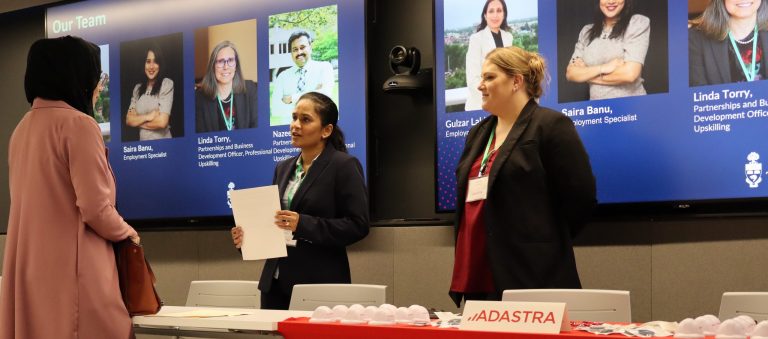
Toronto was recently ranked as the No. 4 tech labour market in North America by CBRE, which found that the region created more jobs than graduates in the past year, signalling data science and AI skills will remain in high demand.
During the DSI Talent Blitz, over 75 participants discussed opportunities with companies from various sectors, underscoring the importance of data science skills across industries. Representatives from ADASTRA, RBC, WSIB, AI TechLife, Aidols Group, Competitive Scale, Sanofi Digital and Shyftbase were among those scouting new talent. These companies engaged with DSI participants who have completed intensive DSI certificates in data science and machine learning software foundations.
With the financial support of Upskill Canada, powered by Palette Skills and the Government of Canada, these 16-week part-time certificates are designed for professionals with three or more years of experience. This initiative aims to address the growing need for data analytics and machine learning skills across industries, providing a pathway to career advancement.
“My sincere gratitude for the excellent training provided through the Data Science Certificate program,” said Data Science Certificate recipient, Krystle Lin. “The knowledge and skills I gained have been instrumental in helping me secure a position as a Junior Program Analyst at the Ministry of the Environment, Conservation, and Parks (MECP).”
The high demand for DSI upskilling programs continues to grow, with over 350 participants registered since last fall from over 1,000 applicants.

“There is such a need in the community for this work,” said Lisa Strug, Academic Director of the DSI and Professor in the Departments of Statistical Sciences and Computer Science and the Division of Biostatistics, during her opening remarks at Talent Blitz. She highlighted that the certificates are developed in collaboration with industry partners to ensure that the skills taught address real-world challenges.
“We had the opportunity to connect with some really talented candidates through Talent Blitz and we would like to further nurture this relationship in the future,” added Shivangi Pathak, Talent Acquisition Lead, ADASTRA.
As a result of the DSI certificates’ comprehensive job readiness support and strong employer connections, 37 per cent of participants have secured new employment, received promotions, or transitioned into new roles within six months of completing a certificate
“[Talent Blitz] was a great opportunity to connect face to face with candidates and understand their level of experience and excitement about open roles,” said Hafiz Kanji, Managing Partner, Competitive Scale.
In addition to technical training, DSI’s programs offer job readiness workshops and one-on-one career support to help participants develop critical skills such as resume writing, interview preparation, and networking.
“The job readiness support was incredibly helpful,” said Lin. “The guidance I received on polishing my resume and improving my interview skills made a significant difference in my job search, allowing me to present myself confidently to employers.”

As DSI continues to expand its industry partnerships, the number of job postings and project-based opportunities for participants is expected to increase. The Institute routinely shares numerous postings with its participants, ensuring that participants not only gain the skills needed to succeed but also have access to aligned employment opportunities.
“To achieve our goal, we need to continue facilitating meaningful engagements between organizations seeking talent with the skilled professionals we are training through the certificates,” said Strug.
As the network of industry partners grows, and the commitment to upskilling professionals deepens, the Data Sciences Institute is solidifying its role as a leading incubator for talent in the data science field. By offering targeted training, job readiness support, and key networking opportunities, DSI continues to help participants transition into high-demand roles.
Join our next Talent Blitz on November 22 to meet accomplished professionals with data science and machine learning skills to grow your team. Please contact dsi.partnerships@utoronto.ca.




